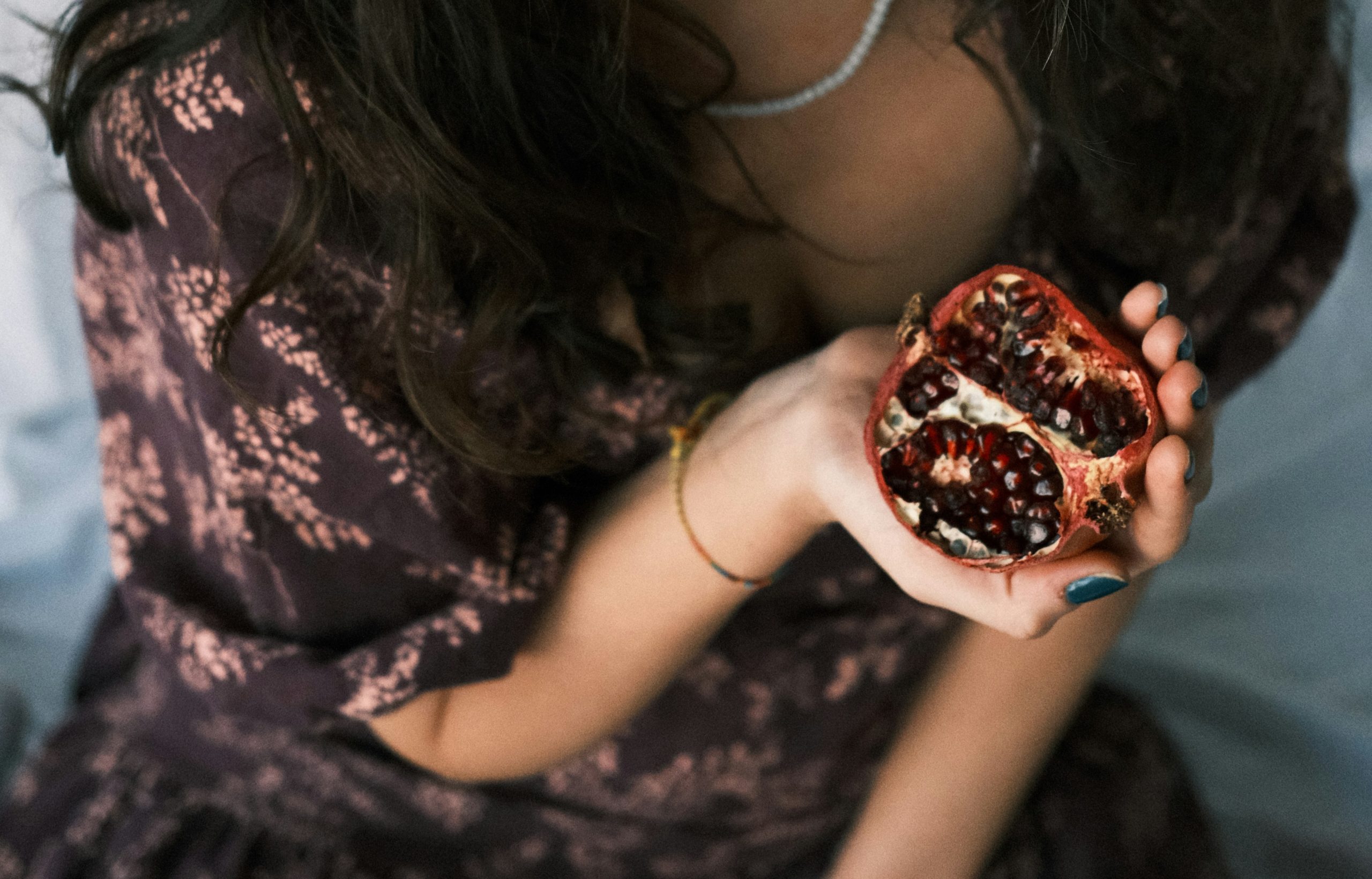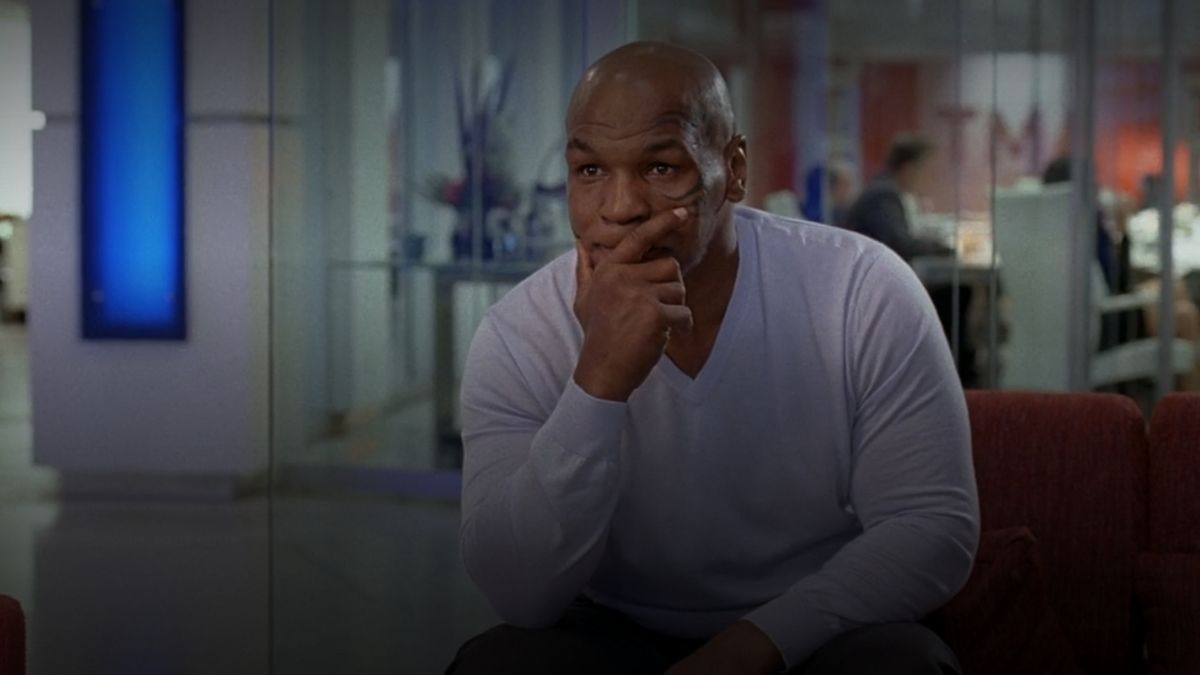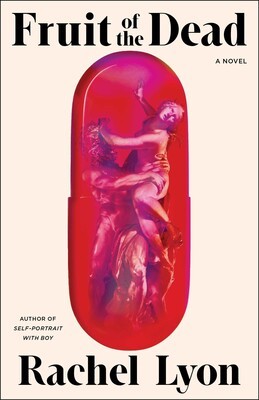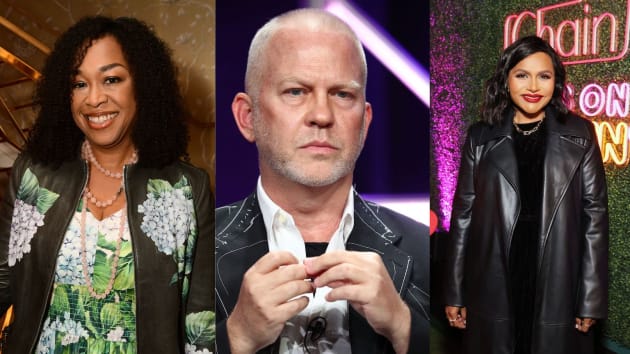In Fruit of the Dead, Rachel Lyon sets “a snare for the bloom-like girl.” This novel is a searing, imaginative retelling of Persephone, both memory and warning for any reader raised as a daughter, or parent to one. Cory Ansel—18, aimless, judged beautiful by all but herself—is ferried to the private island owned by Rolo, the CEO to a Fortune 500 pharmaceutical company. Good with children and fresh from summer camp, Cory is invited, ostensibly, to serve as nanny to Rolo’s two small children. Lyon creates a slick, disturbing portrait in Rolo, who is at turns magnetic and repulsive, “a substantial man, fleshly, vainly dressed.” We are reminded that Rolo, “a toy of a man” always grasping for his next toy, is merely one of many men who are exactly like him, that his is but one in a string of islands “owned by millionaires and billionaires… not one of them guiltless.” While Lyon might have easily vilified Rolo for his predatory and exploitative behavior, she chooses instead to humanize him, and to explore Cory’s own choice and free will. The young woman is seduced by glamor, desperation, fatherly tenderness and disapproval, and, ultimately, a drug called Granadone.
For the reader and for Cory, the sense of dread and panic rises chapter by chapter, as we see her become increasingly isolated on the remote island, cut off from Wifi and her sense of self. Interspliced with these sections, we get the perspective of Emer, Cory’s mother, who is frantically searching for her missing daughter and, in the process, is dismantling her own life. “If our relationship can be characterized in any one way,” Emer tells us of Cory, “it is this: I can’t keep up with her… When she was a preteen, dangerous moods began to overtake her. As a teen, she learned how to lie, to brush me off, affect false dignity, conceal her pain or shame, to disappear.” The prose, especially in the mouth of a desperate mother, is gorgeous and wrenching, and recalls for us the dark knowledge that women have always carried.
Fruit of the Dead, pulsing with life, is one of the best books I’ve read in a long time, and I was thrilled to talk with Lyon about it from my apartment in Philadelphia and her home in Massachusetts.
Annie Liontas: Why do we need the myth of Persephone in 2024, as told in this way? What does the myth remind or warn us about?
Rachel Lyon: When I first began Fruit of the Dead, I was envisioning it as a beach read—a little sexy, a little light, but maybe a bit sinister at the same time. It started as a romp about a young woman who becomes involved with her employer. This was the beginning of the “Me, Too” movement, and I was thinking a lot about power dynamics and relationships, especially between men and women. And then two years into the project, I was having this conversation with somebody about the project, and they were challenging me on it, asking what makes this story different from any other love story about power dynamics.
I noticed that the shape of my book, the shape of my work in progress, mirrored the shape of this myth. So I started incorporating the Persephone myth more consciously and pretty soon it became a contemporary retelling. I think we need to be reminded that some of these cycles that we find ourselves in today are ancient stories. As human beings, we are constantly telling and retelling the same narratives, and that’s worth examining.
AL: Let’s talk about the power differential between Cory and Rolo. She is young, impressionable, eager for money, freedom, luxury. He is lonely, wealthy, accustomed to having his world view acknowledged and perpetuated. How are you thinking about power vs. choice, free will vs. the narratives that that shape us?
RL: That was absolutely the heart of the project for me—examining these questions of freedom, power, choice, and youth. I think Cory has a different idea than her mother does about what freedom looks like and what free will looks like.
The differential between your worldliness and your eagerness for freedom can be a little destructive.
Rolo knows certain things about Cory that Cory can’t know about herself. There’s a window, I think, in the life of anyone who isn’t a cis-white man between the ages of 16 and 22 or so, where the feeling of freedom can be quite misleading and leads you into danger. The differential between your worldliness and your eagerness for freedom can be a little destructive. I wanted to examine this thorny space where Cory’s yearning for independence is actually in some ways the source of her foolishness. But she can’t know that, of course. She thinks this is a good choice, even though it leads her into some darkness.
AL: I love your description of this as a “thorny space.” I also appreciate how Cory is deeply ambivalent about Rolo. “Opposing thoughts nag at her simultaneously,” you write. “She wants Rolo to want her and she wishes he’d never look at her again.” This feels like a familiar narrative, one that Cory has inherited. How do you see it reflected in the larger world?
RL: We are told to be attractive and we are told we are not attractive enough. We’re created to be consumed, and then we worry we’re not consumable. I was very much writing my own experience as a young woman into Cory, and that ambivalence of, “Look at me/never look at me.” That’s the heart of a certain kind of young woman’s self-consciousness and experience in the world. It can be exquisitely painful to walk through the world feeling like your whole reason for being is to be consumed and to be delicious enough to be consumable, but that you’re never going to achieve that.
AL: Do you recall that viscerally from your own adolescent experiences?
RL: Yeah, I mean, I went through a period when I was maybe 19 where I really had a lot of trouble looking in the mirror. I was smoking a lot of pot, and that of course can change your sensory experience, your perception. I remember staring at my own face and my own body and being unsure what I objectively looked like. And for a long time—for years, actually—I avoided looking into mirrors for that reason. I just found it so upsetting, so confounding. I believe that’s more common than I realized at the time. The selfness of it all, the idea that we’re a container for these multitudes. That felt completely irreconcilable.
AL: Were those also irreconcilable with the world? Or do you think it was like really internal?
RL: I mean, both, right? Cory is an exaggerated proxy for me. She’s tall and she’s objectively beautiful, and she’s very bad in school and has made a lot of mistakes early on. I had that same, or perhaps similar experience, that she has of having completely fucked up before the age of 18 and having nowhere to go. Like me, she’s very gullible and seems to see the best in people to her detriment.
AL: What I love about Rolo is that, while he projects the role of Hades, he is far more man than villain. How were you able to preserve his humanity even as you revealed his flaws? Specifically, what versions of him did you have to cast aside to get at this complexity?
RL: I think it would have been harder for me to write Rollo as a true villain, a true antagonist. I can’t imagine what that would be like, to be someone like that. It just doesn’t feel believable. Add to that, for the sake of the book and the plot, I needed him to be seductive on some level. I needed him to feel human. I mean, I had models that are despicable in the world. I watched the Jeffrey Epstein documentary—it was a horrible experience—and I read a lot about Harvey Weinstein. But Rolo is not one of those guys, exactly. Rolo is in the gray area. He falls into that general category of powerful male predator or semi-predator, but my intention was always to make him human on the page. What feels more poisonous is a self-perception that is really positive or really self-forgiving. He thinks of himself as a victim of circumstance and as someone who’s worked really hard and tried really hard, and comes from humble beginnings, and essentially deserves what he has. Those to me are the scary poisonous parts of the brain.
AL: As part of the novel’s drive towards cultural criticism, you also call out class discrepancies and capitalist mythologies. Fraud is the most common crime among men like Rolo who own such remote, private islands. “Tax fraud, bank fraud, market manipulation, securities commodities—but there is also evasion, embezzlement, falsification, kickbacks, laundering, racketeering, sedition, insider trading.” What did you uncover in your research for this book?
RL: We all take for granted that the vast chasm between the wealthy and the rest of us in this country is based on a tremendous legal sleight of hand, particularly regarding fraud and “bloodless” crimes. In my research, I talked to someone who works as the personal assistant for a very powerful person whose name you would know—one of those big, big campaign donors. The things that he told me about his work, the people at the parties! This person had a story about Leonardo DiCaprio that—my jaw just dropped. It’s not news to anyone, though, right? The flying around in helicopters and private planes, the proliferation of NDAs. These people live in a world that’s above the law. They don’t have to answer to anyone most of the time, and they don’t live in one country. Their money is all over the place. They don’t live within the same frameworks that we do.
AL: Granadone, which is a fictional powerful addictive in the novel, emerges as its own mythological artifact. What did introducing it do for your understanding of the narrative and Cory?
It’s almost integral to youth itself to pay a visit to the underworld.
RL: When I started writing Cory, I was newly sober and thinking a lot about my own experiences of intoxication and the dark places that took me to when I was a young person—and then later on, too, for a while. In terms of making this specific fictional drug, I was looking at the story of the Sackler family. They’re a great epic contemporary mythological model for Rollo, but I didn’t want to comment directly on the opioid crisis, I didn’t want to write about opioids specifically. It just honestly felt more fun to me to toy with Cory’s perception in a more psychedelic register. Granadone is somewhere between the opioid family and the benzo family and the psychedelics family.
AL: What kind of world would have to exist for us to no longer need the story of Persephone? Is there another myth, a generation from now, that we might tell instead?
RL: One of the things that feels so appealing about the Persephone myth is that inherent descent-and-rise shape. The cyclical shape. If we were to revise the myth to save Persephone from that experience—ideally, she wouldn’t have to go down there, right? But for me, a descent into the underworld is necessary. It’s almost integral to youth itself to pay a visit to the underworld. It helps you become a more whole, more compassionate adult later on.








